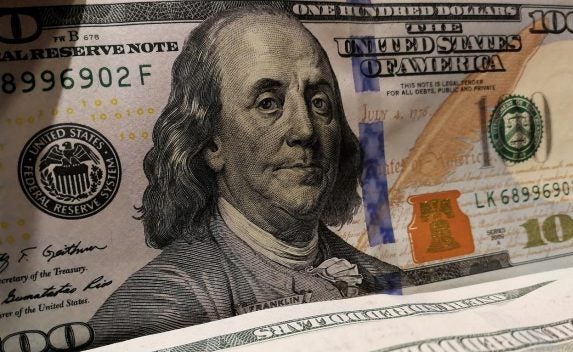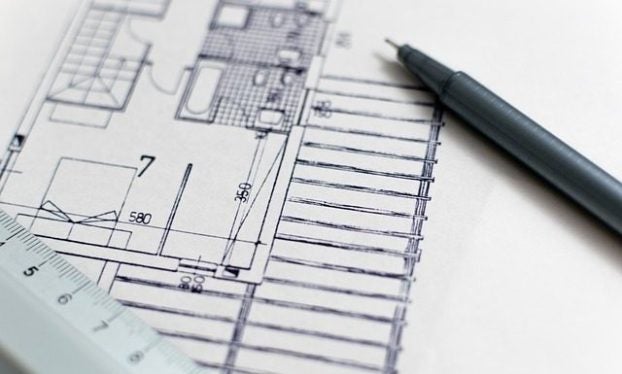Halfway Done: VA Senate passes Prince Edward’s sales tax bill
Published 6:46 am Tuesday, January 30, 2024
|
Getting your Trinity Audio player ready...
|
That’s one down and one to go. Six years after it was first proposed, Prince Edward County’s sales tax bill has made it through the Virginia Senate. The bill passed by a 27-11 vote on Friday, Jan. 26. Originally filed by Sen. Frank Ruff, it was picked up and carried by Sen. Tammy Mulchi once she took over this month, due to Ruff’s retirement.
“We’re moving forward,” said Prince Edward County Administrator Doug Stanley. “We appreciate Sen. Mulchi’s efforts to get it through the Senate. Now it’s on to the House and we’re feeling confident that it’ll make it through there as well.”
The request is to raise Prince Edward’s sales tax by 1%. In Virginia, a city or county has to first get permission from the General Assembly, then citizens have to vote on the concept before it can happen. Previous Prince Edward County Administrator Wade Bartlett floated the idea in 2019. In 2021, 2022 and 2023, supervisors pushed to get a bill filed and approved in the Assembly, but each time it died. The money would be earmarked to help cover renovation costs at Prince Edward Elementary. The current agreement, which county supervisors agreed to last August, stands at $43.3 million. Money from the sales tax increase would help pay the yearly debt service on the project.
“Funding for school construction and renovation is one of the biggest concerns and responsibilities of local governments in the Commonwealth and has been almost solely a local responsibility for decades,” officials from the Virginia Association of Counties said in a statement. “The condition of the facilities in which children are educated has a direct impact on their ability to learn.”
Eight counties and one city over the years have received approval by the state to raise sales taxes to pay for school repairs. That includes neighboring Charlotte County, Gloucester County, Halifax County, Henry County, Mecklenburg County, Northampton County, Patrick County, Pittsylvania County and the City of Danville.
Why the delay?
In previous years, the problem Prince Edward kept dealing with was a push by some Democrats to do a “one-size-fits-all” bill, giving all cities and counties across the state permission to raise their sales tax to pay for schools. The bill specific to Prince Edward in the past constantly got tabled, with the argument that the larger version would help the county anyway. Except the larger bills also never passed.
That decision, to keep Prince Edward’s request separate, paid off for the county this time. On Friday, right after the Senate voted to approve Prince Edward’s bill, they agreed to hold off on a vote for SB14, which is the latest “one-size-fits-all” bill.
On Monday, the Senate took up and passed SB14, but not before a number of senators voiced their opposition. Thirteen senators were opposed to the idea, arguing that there are other ways of raising money for schools and counties need to steer clear of using the sales tax. However, when asked what smaller counties like Prince Edward, Cumberland and the like could do, there were no other solutions given. To be clear, Prince Edward supervisors, when they voted to move forward and ask for the right to consider a 1% increase, made it clear last fall they were doing this to avoid any property tax increases to pay for renovations.
The Virginia Commission on School Construction and Modernization found that crumbling school buildings was a problem in places beyond Prince Edward. In fact, more than half of the K-12 school buildings in Virginia are currently more than 50 years old. The commission found that the amount of funding needed to fully replace all of the crumbling school buildings in Virginia is estimated to be $24.8 billion.
Next for sales tax bill
Now SB146 crosses over and the process continues in the Virginia House of Delegates. If Prince Edward’s bill passes through all of that and the governor signs it into law, then it would go up on the ballot this November, where Prince Edward residents would decide if they want to approve the 1% sales tax bump. Meanwhile, the renovation work, expected to start in August, could take up to 30 months to complete.






